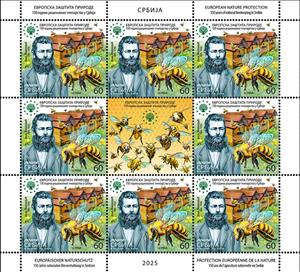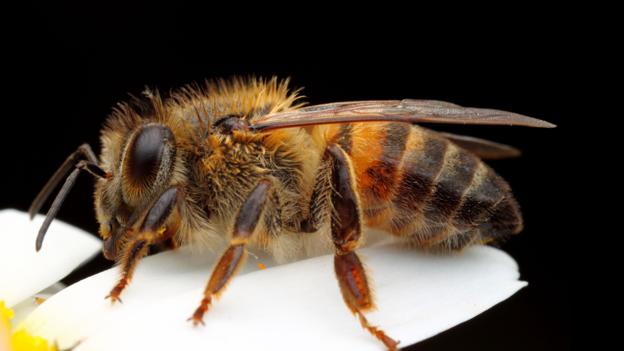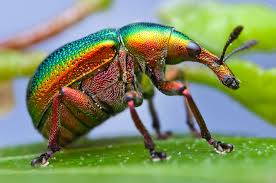Full Pane: Jovan Živanović & Scientific Beekeeping in Serbia (Serbia 2025)
Jovan Živanović & Scientific Beekeeping in Serbia (Serbia 2025)
05 March (Serbia ) within release Nature Protection in Europe (2025) goes into circulation Full Pane Jovan Živanović & Scientific Beekeeping in Serbia face value 8*60 Serbian dinar
| Full Pane Jovan Živanović & Scientific Beekeeping in Serbia in catalogues | |
|---|---|
| Colnect codes: | Col: RS 2025.03.05-01a |
Full Pane is square format.
Also in the issue Nature Protection in Europe (2025):
- Stamp - Josif Pančić & Pančić's Spruce (Picea omorika) face value 120;
- Full Pane - Josif Pančić & Pančić's Spruce (Picea omorika) face value 8*120;
- Stamp - Jovan Živanović & Scientific Beekeeping in Serbia face value 60;
- Full Pane - Jovan Živanović & Scientific Beekeeping in Serbia face value 8*60;
Full Pane Jovan Živanović & Scientific Beekeeping in Serbia it reflects the thematic directions:
Animals are multicellular, eukaryotic organisms of the kingdom Animalia (also called Metazoa). All animals are motile, meaning they can move spontaneously and independently, at some point in their lives. Their body plan eventually becomes fixed as they develop, although some undergo a process of metamorphosis later on in their lives. All animals are heterotrophs: they must ingest other organisms or their products for sustenance.
Bees are winged insects closely related to wasps and ants, known for their roles in pollination and, in the case of the best-known bee species, the western honey bee, for producing honey. Bees are a monophyletic lineage within the superfamily Apoidea. They are currently considered a clade, called Anthophila. There are over 20,000 known species of bees in seven recognized biological families. Some species – including honey bees, bumblebees, and stingless bees – live socially in colonies while most species (>90%) – including mason bees, carpenter bees, leafcutter bees, and sweat bees – are solitary.
Botanists study how plants produce food and how to increase yields, for example through plant breeding, making their work important to humanity's ability to feed the world and provide food security for future generations.
Environmental protection is the practice of protecting the natural environment by individuals, groups and governments.Its objectives are to conserve natural resources and the existing natural environment and, where it is possible, to repair damage and reverse trends.
Famous People refers to the fame and public attention accorded by the mass media to individuals or groups or, occasionally, animals, but is usually applied to the persons or groups of people (celebrity couples, families, etc.) themselves who receive such a status of fame and attention. Celebrity status is often associated with wealth (commonly referred to as fame and fortune), while fame often provides opportunities to make money.
Insects (from Latin insectum, a calque of Greek ἔντομον [éntomon], "cut into sections") are a class (Insecta) of hexapod invertebrates within the arthropod phylum that have a chitinous exoskeleton, a three-part body (head, thorax and abdomen), three pairs of jointed legs, compound eyes and one pair of antennae. They are the most diverse group of animals on the planet, including more than a million described species and representing more than half of all known living organisms. The number of extant species is estimated at between six and ten million, and potentially represent over 90% of the differing animal life forms on Earth. Insects may be found in nearly all environments, although only a small number of species reside in the oceans, a habitat dominated by another arthropod group, crustaceans. The life cycles of insects vary but most hatch from eggs. Insect growth is constrained by the inelastic exoskeleton and development involves a series of molts. The immature stages can differ from the adults in structure, habit and habitat, and can include a passive pupal stage in those groups that undergo 4-stage metamorphosis (see holometabolism). Insects that undergo 3-stage metamorphosis lack a pupal stage and adults develop through a series of nymphal stages. The higher level relationship of the Hexapoda is unclear. Fossilized insects of enormous size have been found from the Paleozoic Era, including giant dragonflies with wingspans of 55 to 70 cm (22–28 in). The most diverse insect groups appear to have coevolved with flowerin plants.






